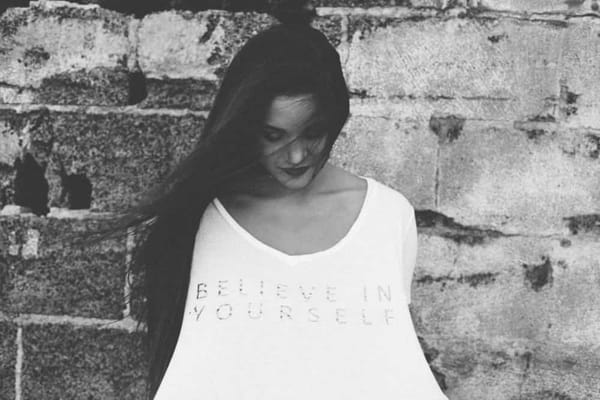What a Timex Says About You: The Philosophy of Value, Ego, and Persuasion


There’s a moment in every transaction that isn’t really about price. It’s about meaning. It’s about what things say about us. And if you’ve ever been told, “That’s too expensive,” you’ve brushed up against a very old philosophical truth: value is rarely measured in currency alone.
Free minds aren’t cheap — subscribe to Human Philosophy.
The Illusion of Cost
Back in the 1970s, a jewelry store manager learned this lesson in the most human way possible. A customer balked at the price of an Omega watch, claiming it was far too expensive. It wasn’t food. It wasn’t shelter. It wasn’t a necessity. And yet, minutes later, the man walked out with an $800 Omega watch on his wrist.
What changed?
The salesperson asked him what kind of car he drove. Cadillac. A statement car. A symbol. Then came the clincher: “What does that Timex say about you?”
That question didn’t just poke at the wallet , it reached into the soul. The sale wasn’t about the watch. It was about identity.
We Buy Mirrors, Not Objects
Every purchase is a reflection of who we think we are or who we aspire to be. We buy homes that whisper success, phones that suggest taste, and clothes that mirror confidence. We are not logical creatures, despite the spreadsheets and budgets. We are poetic creatures, chasing meaning in the material.
A luxury watch does not tick differently from a cheaper one in any truly meaningful way. It doesn’t feed you, clothe you, or keep you warm. But it speaks. It announces. It reflects back to the wearer an idea of self , refined, accomplished, worthy.
The Philosophy Behind the Sale
When someone says, “That’s too expensive,” what they might really mean is:
“I don’t yet understand why this matters to me.”
In philosophy, this is the gap between intrinsic and perceived value. A cup of water is worth more than a diamond in a desert. But in society? We live in a psychological desert of identity, and objects often become oases of self-worth.
The best salespeople don’t manipulate , they reveal. They show the story behind the product. They turn the object into a mirror. They ask, “What does this say about you?” And if the reflection is powerful enough, the cost becomes a footnote.
Ego Isn’t a Dirty Word
We often hear "ego" spoken with disdain. But ego is simply the story we tell ourselves about who we are. To feed the ego isn’t always vanity , sometimes, it’s growth. Sometimes, the right object helps us show up in the world the way we believe we should.
That Omega watch wasn’t just a timepiece. It was a permission slip for the customer to walk in the world as someone who believed in his own worth.
Every Price Has a Story
So, what should you say when someone says, “That’s too expensive”?
Tell them a story. Or better yet, help them tell theirs.
Because in the end, we’re not just selling watches, or homes, or clothes. We’re selling identity, dignity, dreams , the invisible threads that tie us to who we believe we are.
And sometimes, the right question , “What does that Timex say about you?” , opens a door to something far more valuable than any price tag could ever suggest.
Recommended Readings
- https://www.funxp.site/the-man-who-cheated-death-7-times/
- https://www.funxp.site/napalmed-at-nine-thriving-at-fifty/
- https://www.funxp.site/aron-ralston-a-tale-of-unimaginable/
- https://www.funxp.site/the-tragic-story-of-shaniya-davis/
- https://www.funxp.site/noor-jehan-the-elephants-struggle/
- https://www.funxp.site/five-dark-secrets-toxic-people-pray/
- https://www.funxp.site/mother-lost-two-children-in-horrific/
- https://www.funxp.site/the-untold-reality-of-a-doctors-battle/
- https://www.funxp.site/killer-whales-38-days-adrift-on-the/
- https://www.funxp.site/a-glimpse-into-the-most-disheartening/
- https://www.funxp.site/unlocking-your-full-potential-9-strategies/
- https://www.funxp.site/life-nuggets-happier-and-healthier/


